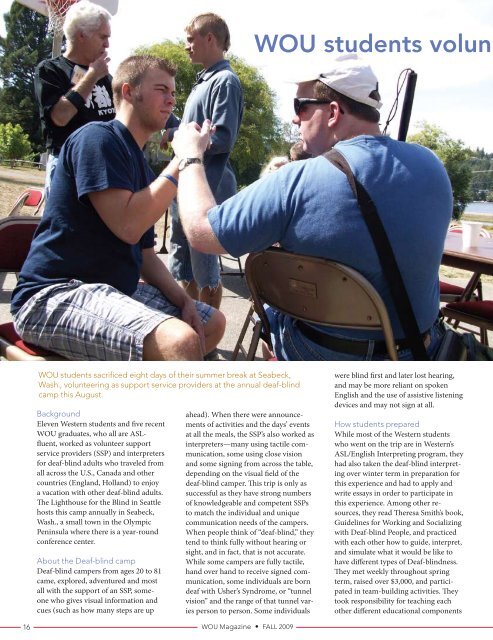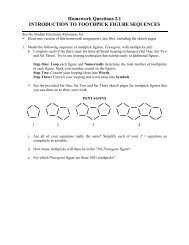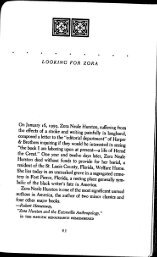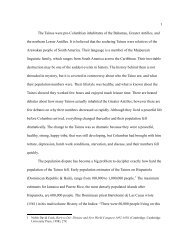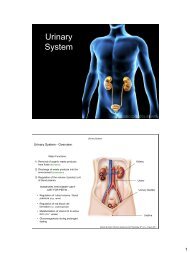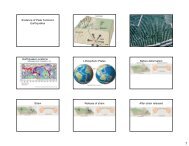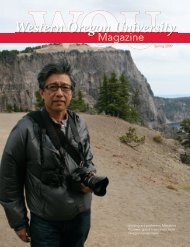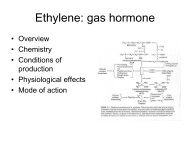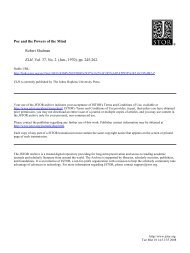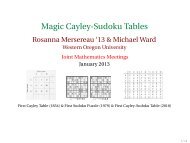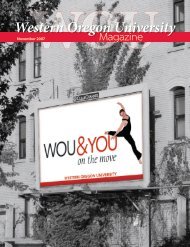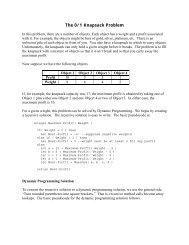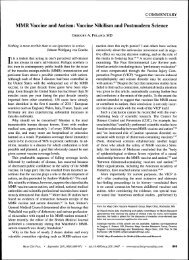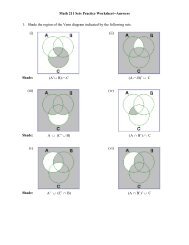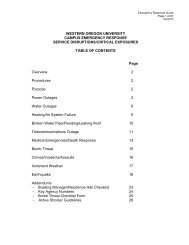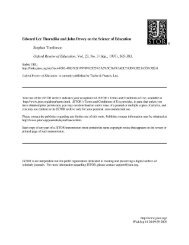In Remembrance - Western Oregon University
In Remembrance - Western Oregon University
In Remembrance - Western Oregon University
Create successful ePaper yourself
Turn your PDF publications into a flip-book with our unique Google optimized e-Paper software.
WOU students sacrificed eight days of their summer break at Seabeck,<br />
Wash., volunteering as support service providers at the annual deaf-blind<br />
camp this August.<br />
Background<br />
Eleven <strong>Western</strong> students and five recent<br />
WOU graduates, who all are ASLfluent,<br />
worked as volunteer support<br />
service providers (SSP) and interpreters<br />
for deaf-blind adults who traveled from<br />
all across the U.S., Canada and other<br />
countries (England, Holland) to enjoy<br />
a vacation with other deaf-blind adults.<br />
The Lighthouse for the Blind in Seattle<br />
hosts this camp annually in Seabeck,<br />
Wash., a small town in the Olympic<br />
Peninsula where there is a year-round<br />
conference center.<br />
About the Deaf-blind camp<br />
Deaf-blind campers from ages 20 to 81<br />
came, explored, adventured and most<br />
all with the support of an SSP, someone<br />
who gives visual information and<br />
cues (such as how many steps are up<br />
ahead). When there were announcements<br />
of activities and the days’ events<br />
at all the meals, the SSP’s also worked as<br />
interpreters—many using tactile communication,<br />
some using close vision<br />
and some signing from across the table,<br />
depending on the visual field of the<br />
deaf-blind camper. This trip is only as<br />
successful as they have strong numbers<br />
of knowledgeable and competent SSPs<br />
to match the individual and unique<br />
communication needs of the campers.<br />
When people think of “deaf-blind,” they<br />
tend to think fully without hearing or<br />
sight, and in fact, that is not accurate.<br />
While some campers are fully tactile,<br />
hand over hand to receive signed communication,<br />
some individuals are born<br />
deaf with Usher’s Syndrome, or “tunnel<br />
vision” and the range of that tunnel varies<br />
person to person. Some individuals<br />
16 WOU Magazine • FALL 2009<br />
WOU students volun<br />
were blind first and later lost hearing,<br />
and may be more reliant on spoken<br />
English and the use of assistive listening<br />
devices and may not sign at all.<br />
How students prepared<br />
While most of the <strong>Western</strong> students<br />
who went on the trip are in <strong>Western</strong>’s<br />
ASL/English <strong>In</strong>terpreting program, they<br />
had also taken the deaf-blind interpreting<br />
over winter term in preparation for<br />
this experience and had to apply and<br />
write essays in order to participate in<br />
this experience. Among other resources,<br />
they read Theresa Smith’s book,<br />
Guidelines for Working and Socializing<br />
with Deaf-blind People, and practiced<br />
with each other how to guide, interpret,<br />
and simulate what it would be like to<br />
have different types of Deaf-blindness.<br />
They met weekly throughout spring<br />
term, raised over $3,000, and participated<br />
in team-building activities. They<br />
took responsibility for teaching each<br />
other different educational components


